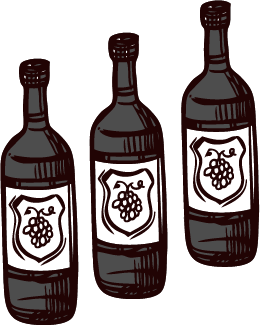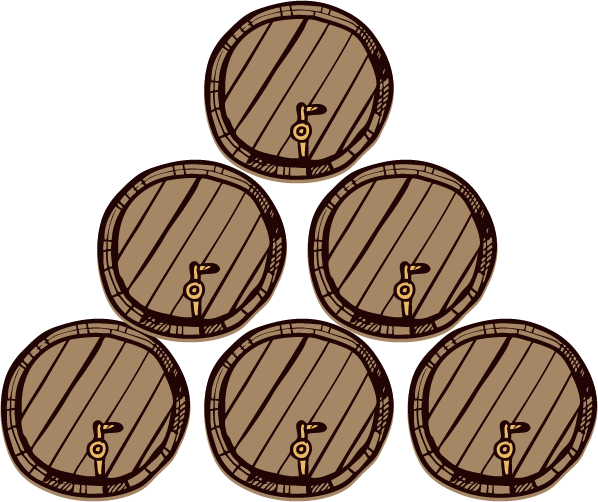a l t o g r a d o

the history of altogrado
“The Vecchio Marsala” – known as Altogrado or Stravecchio by the locals – is an oxidative wine that hails from the western coast of Sicily, where winemaking traditions are deeply intertwined with the island’s thousand-year history.
While its modern incarnation – the Marsala we recognise today – was shaped by the British in the 18th century through fortification with alcohol, its true essence lies in the original, more ancient version: the Perpetuo.



1773
English merchant John Woodhouse arrived in Marsala and tasted this traditional oxidative wine, which reminded him of some of the great wines of his homeland, like Port, Madeira, and Sherry. Recognising its potential, he decided to send a small batch to the United Kingdom, fortifying it with a bit of brandy beforehand. And so, Marsala was born.
In the 19th century, Marsala gained popularity in England, becoming so widely adored that it was even chosen as the official drink of Admiral Nelson’s fleet. British families, such as the Inghams and Hopps, also invested in the production and export of fortified Marsala, helping to spread its fame internationally.
1833
Italian Vincenzo Florio began investing in the production of Marsala, and within just fifty years, he transformed the economic landscape of Sicily’s western coast forever.
From the early 20th century onwards, Marsala production grew rapidly, leading to the industrial standardisation of the product.


1980
Marco De Bartoli of Marsala revived pre-British winemaking traditions, and in 1980, he became the first to bottle an oxidative wine – that is, one aged in wooden barrels without topping up. To craft it, he uses the solera system, a variation of the perpetual method involving three tiers of stacked barrels.
2009
Nino Barraco introduced “Vecchio Marsala” for the first time without using the perpetual or solera methods – that is, without blending multiple vintages. Instead, he crafted an oxidative “vintage” wine from a single harvest and a single grape variety, aged for seven years in small barrels: his Altogrado.


2024
Today, the Barraco Winery produces Altogrado from all the native varieties they cultivate, reaffirming their commitment to preserving and celebrating this precious cultural heritage, giving it the value and recognition it truly deserves.
